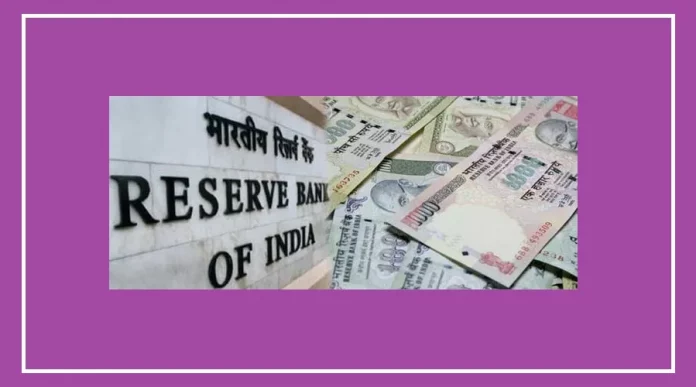The Reserve Bank (RBI) has made some changes in the rules for credit and debit cards. If you use these cards, it’s essential to know about the new rules.
According to the changes, banks can now impose penalties only on unpaid balances.
Additionally, if the bank wants to renew your card, they need to get your permission first.
Here’s what’s different now
The rules about issuing debit and credit cards have been updated. Banks can now only charge penalties for outstanding amounts on credit cards.
The RBI also emphasizes the need for a system to monitor fund usage, requiring card issuers to have a monitoring mechanism.
Moreover, if the bank plans to renew your card, they must seek your consent first.
Changes were made on March 6
On March 6, the bank decided to modify the rules for issuing credit cards. According to the new changes, credit card companies must offer various options to customers.
The notification explains that authorized card networks collaborate with banks/non-banks to issue credit cards.
The choice of network for a customer’s card is determined by the card issuer (bank or non-bank) and is linked to their agreements with the card network.
Providing multiple options to customers
RBI emphasizes that credit card companies need to provide multiple options. They must offer various card networks for customers to choose from.
The notification emphasizes that agreements between card networks and companies should be customer-friendly.
Companies should not make agreements that prevent customers from using services from other card networks.
Card issuers should give their eligible customers the choice to select from multiple card networks when choosing a card.
Additionally, existing cardholders should be given time for the next renewal.
